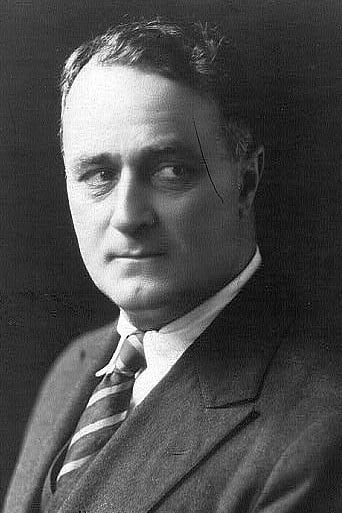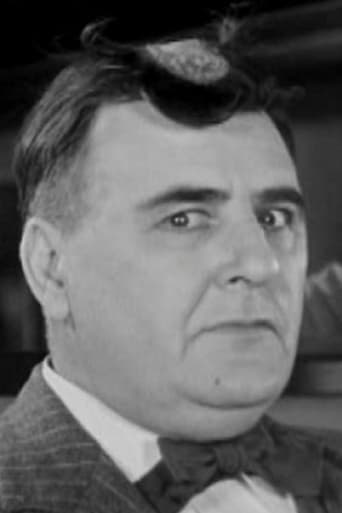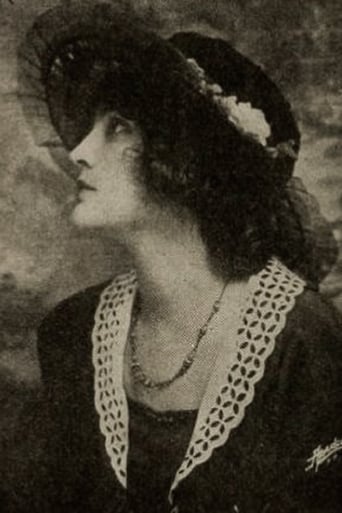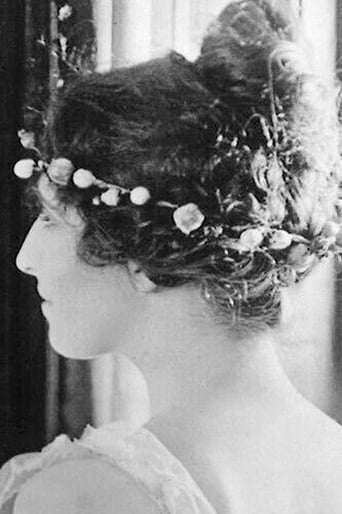ThiefHott
Too much of everything
Platicsco
Good story, Not enough for a whole film
Nessieldwi
Very interesting film. Was caught on the premise when seeing the trailer but unsure as to what the outcome would be for the showing. As it turns out, it was a very good film.
filippaberry84
I think this is a new genre that they're all sort of working their way through it and haven't got all the kinks worked out yet but it's a genre that works for me.
Michael_Elliott
His Trust (1911) **** (out of 4)A Union soldier goes to fight in the Civil War and asks his black servant George (Wilfred Lucas) to take care of his wife and children. After the soldier dies the servant must do everything he can to keep the family strong. I think this here is one of Griffith's strongest shorts and I'd add that I also think this film shows black in the most positive way of any early film I've seen. The debate on the blacks being in blackface could go on and on but Griffith worked from his own group actors. I think the film is incredibly strong story and action wise. The battle sequences aren't the biggest that the director handled in his career but they are still full of excitement and wonder. I think their greatest aspect is how realistic they are. The story itself is a quite touching one as the servant must do whatever he can to protect the family since he gave his word to do so. Loyalty and love are subjects Griffith would tackle many times but the special detail here really makes this movie stick out among the five-hundred plus that he made.
Steffi_P
His Trust is not particularly remarkable as Griffith Civil War shorts go, except for one aspect. Along with its sequel His Trust Fulfilled, it features the only heroic black character in all his films. That's not to let Griffith off the hook for the appalling racism of Birth of a Nation – this is still a rather patronising portrayal, not to mention the ridiculous use of white actors in blackface. However it is further proof that Griffith was not an out-and-out racist, and it even hints tentatively at miscegenation.Throughout Griffith's dozen or so Civil War shorts he made while at Biograph you can see the battle scenes evolving. In the one here, the emphasis is more upon chaos than heroism. It's an important development, although Griffith never quite mastered the depiction of war as tragedy – he could never get away from trying to make action sequences exciting. Still, there is some good staging here, with Griffith foregrounding individual soldiers being shot against the backdrop of gun smoke, making the casualties stand out and appear real.The battle sequence is brief however, and you can see what Griffith is really trying to develop here is the emotional angle. Unfortunately, while the family scenes are given prominence, they are not done especially well. The scene of the soldiers going off to war is actually a step backwards from the very similar one in his previous civil war film In the Border States. The shot composition is rather messy, and you barely notice Claire McDowell slipping indoors, distraught. Another weakness is that Griffith fails to visually introduce Wilfred Lucas' character. The significance of the "old Negro servant" is mentioned in the opening title, but in his first scene he is shoved to the side of the frame, and the all important moment where the trust is given takes place half on and half off screen.The standout moment in His Trust is towards the end, where the mother and daughter watch their home burn to the ground. It's said that Griffith invented the face in cinema. Well, he probably also invented the back. As in The Unchanging Sea, this is a good example of how he faces actors away from the camera to convey sadness with the subtlety of their body language. There's also a great bit of emotional punctuation as the house finally comes crashing down. However, this well-staged moment is not enough to save what is overall a rather dull picture.
wes-connors
Subtitled "The faithful devotion and self-sacrifice of an old Negro servant", this early film portends the director D.W. Griffith's future "Birth of a Nation". When the Civil War breaks out, Confederate Del Henderson goes into battle, leaving his wife (Claire McDowell) and daughter in the hands of their beloved slaves. Patriarch of the household slaves is George (Wilfred Lucas); among other things, he plays "horsey" with the child by letting her ride on his back. When Yankees try to burn down the Master's house, George must spring into action. However intentioned, "His Trust" is a racist film. The loyal slaves are played by white actors in "black-face" makeup, and they look ridiculous. Didn't Griffith know any real "People of Color"; or, he didn't think they could act? Weren't there any darker skinned people in the USA who could play these roles? ** His Trust (1/16/11) D.W. Griffith ~ Wilfred Lucas, Claire McDowell, Dell Henderson
Snow Leopard
This D.W. Griffith short feature, the first of a two-film series, has some good technical aspects, but the story and characters are a bit too labored and contrived to be fully convincing. The content is a combination of two themes that Griffith seems to have considered important, namely, the society of the Pre-War South, and the concept of someone fulfilling a trust despite all obstacles.Although the story becomes too exaggerated to work very well, it does start out with a worthwhile idea, with a father heading off to fight in the War, and entrusting the safety of his wife and daughter to a valued servant. It's the kind of experience that immediately evokes sympathy even from those who have not faced it.Further, the large-scale scenes, such as the parade and the battle, are done quite well, especially considering the limitations of the era. One problem, though, comes into play with the portrayal of the slaves. There is no doubt that they were intended as sympathetic characters, but they also reflect Griffith's own idealized views, and as a result the portrayals are not convincing.The story, which continues in "His Trust Fulfilled", has a handful of compelling moments, but it just never feels as if it has reached its potential.



